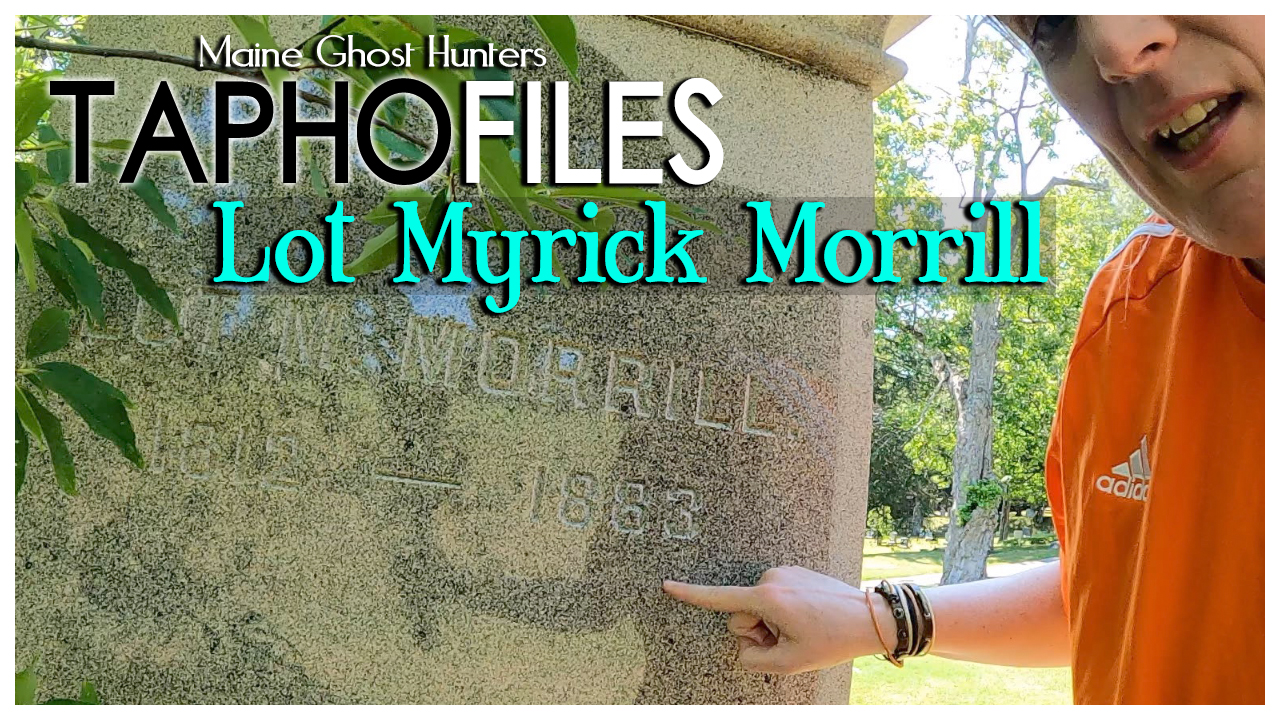Who Was Enoch Lincoln?
Born into a politically powerful family in Worcester, Massachusetts in 1788, Enoch Lincoln was destined for greatness. His father, Levi Sr., and his older brother Levi Jr., both held prestigious political positions, including the roles of State Representative, Lieutenant Governor, and even Governors of Massachusetts.
Enoch himself was a highly educated and capable individual. After graduating from Harvard and receiving an Honorary Master of Arts degree from Bowdoin College, he studied law with his brother Levi Jr. and was admitted to the Massachusetts bar in 1811.
By 1815, Enoch was serving as the assistant U.S. district attorney, and by 1818, he was elected to the U.S. House of Representatives. His political career culminated in 1827 when he was elected as Maine’s 6th governor, a position he held for three terms, winning over 90% of the votes cast in his re-elections.
Enoch Lincoln was not just a political player; he was a man of wide-ranging interests and a champion for those in need. He opposed slavery, appreciated Native American culture, and advocated for women’s education at a time when such views were unheard of.
The Legacy of Enoch Lincoln
Enoch Lincoln left an indelible mark on the state of Maine. He is the reason Maine’s capital is Augusta, not Portland. He commissioned Charles Bullfinch to design Maine’s new statehouse in 1827. He was also a poet, having published a poem in 1816 called “The Village,” which earned him the title of “Maine’s 1st Poet.”
One of his most significant achievements as Governor was to protect Maine’s Northernmost boundary when it came under scrutiny by England. Despite pressure from the federal government, Enoch stood his ground, ensuring no boundary change occurred under his watch.
The Mystery of Enoch Lincoln’s Disappearance
However, a mystery surrounds Enoch Lincoln. In 1986, a work crew entered the vault where he was supposedly buried to do some restoration work, only to find it empty. So the question remains – where did Enoch Lincoln go?
Some speculate that he was buried under the tomb, not in it, because the state legislature didn’t approve a monument dedicated to him until 1842. Others suggest his body was removed during an earlier cleaning of the vault back in the 1950s and never put back. There’s even a nearly forgotten rumor that his body was removed from the crypt on purpose and re-interred in his ‘home state’ of Massachusetts.
Five Things to Know About Enoch Lincoln:
- He was betrothed to Mary Chadbourne-Page of Fryeburg, Maine for a few years, set to be married only a few months after he died.
- He was expelled from Harvard for engaging in the Rotten Cabbage Rebellion of 1807.
- He was in the process of collecting materials and documentation for writing a book on Maine history, and another on the language & history of the Aboriginals.
- He once challenged another lawyer to a duel when he lived in Fryeburg.
- He knew he was dying and was buried with Military Honors.
Enoch Lincoln was a man ahead of his time, a champion for those in need, and a figure who left an indelible mark on the state of Maine. His life, his achievements, and the mystery surrounding his final resting place continue to intrigue us to this day.

